Maternal, Newborn, Infant Health: The Crucial Role Of Traditional, Administrative Authorities
- Par Kimeng Hilton
- 24 août 2021 12:20
- 0 Likes
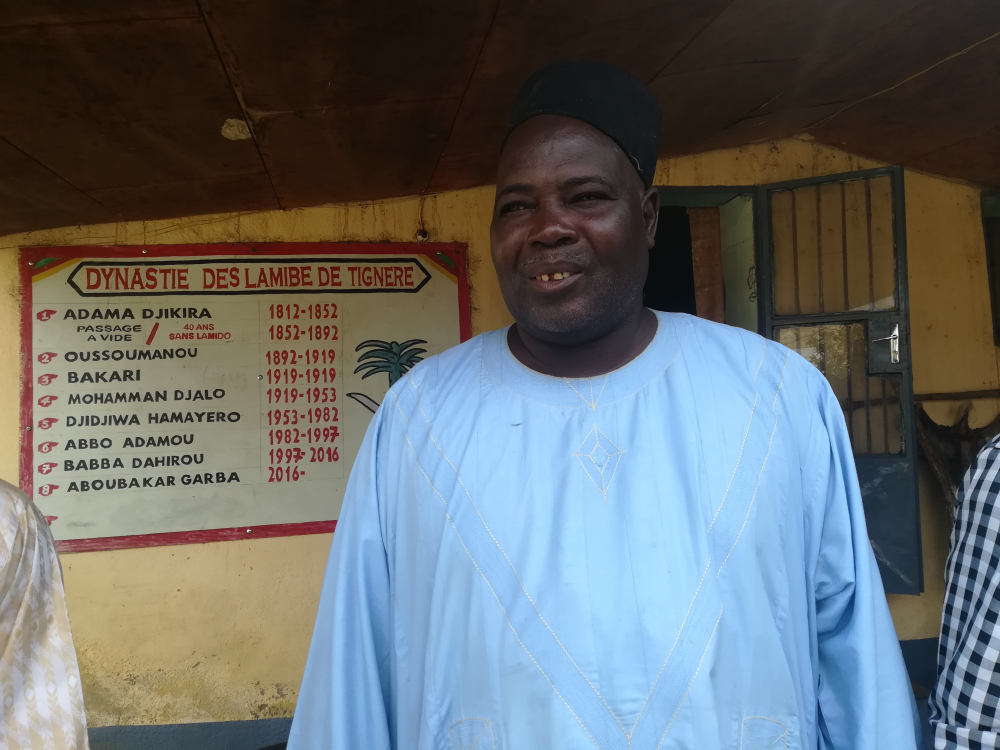
The Maternal, Newborn, Infant Health Support Project, MNIHSP funded by the Islamic Development Bank, IsDB in four regions since 2018, owes its success partly to the role played by local opinion leaders.
Traditional, religious and administrative officials in Cameroon generally wield great influence on the people under their oversight. Such that what they say during mobilisation campaigns counts more than if it had been said by other community people. It is for this reason that the Maternal, Newborn, Infant Health Support Project, MNIHSP from 2018-2021 was designed to include traditional, religious and administrative authorities as major stakeholders.
The project is financed by the Islamic Development Bank, IsDB and implemented by the Ministry of Public Health, with the technical support of the United Nations Children’s Fund, UNICEF and the United Nations Population Fund, UNFPA. It covers 35 health districts in the Far North, North, Adamawa, East and Centre Regions.
As the project draws to an end - though formal evaluation is still to be carried out - there is every indication that the major objectives have been attained. These include curbing maternal, newborn and infant mortality; easing patient referral through the use of community-managed project tricycle-ambulances, and staff training.
“I have noticed many changes in Wogomdou Integrated Health Centre,” notes His Majesty Yahaya Ndjoudhi, the Chief of Wogomdou community, located in Galim-Tignere Subdivision, Faro and Deo Division of Adamawa Region. “The changes include the construction by UNICEF of a 50-metre-high water tower that uses solar power. Apart from health centre patients, the community also uses the water. We have never enjoyed drinkable water since our community was founded,” explains Chief Ndjoudhi. Who is quite satisfied that his subjects listened to him and cooperated in implementing the project.
“Though I am not a health expert, I can attest that the project has helped in reducing maternal, newborn and infant mortality in my kingdom. It has been of immense benefit to my subjects,” says His Majesty Aboubakar Garba, Lamido of Tignere in Faro and Deo Division. The first class traditional chief was given custody of the two tricycle-ambulances offered to his subjects by UNFPA.
“I have so far borne the cost of maintaining and fuelling the ambulances alone. My subjects are not making the annual financial contributions expected of them. Nevertheless, I will continue to sensitise them on the importance of the project. Announcements will soon be made in major mosques in my lamidat on the availability of ambulances; and the need for people to make financial contributions to run them,” Lamido Aboubakar Garba promises.
“Project tricycle-ambulances came in handy in 2020 in Konchta and Mayo Baneo – all border communities with Nigeria – when there was an incident. The two wounded people were promptly transported in the tricycles to Tigne...
Cet article complet est réservé aux abonnés
Déjà abonné ? Identifiez-vous >
Accédez en illimité à Cameroon Tribune Digital à partir de 26250 FCFA
Je M'abonne1 minute suffit pour vous abonner à Cameroon Tribune Digital !
- Votre numéro spécial cameroon-tribune en version numérique
- Des encarts
- Des appels d'offres exclusives
- D'avant-première (accès 24h avant la publication)
- Des éditions consultables sur tous supports (smartphone, tablettes, PC)






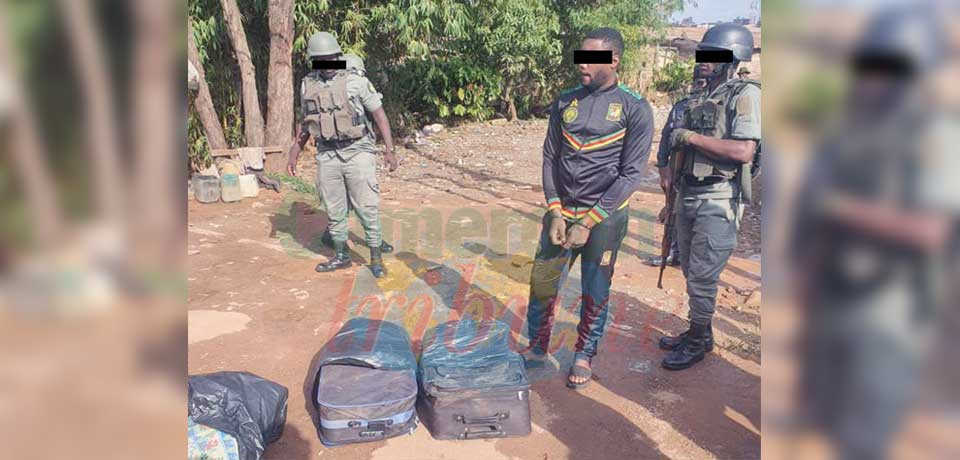
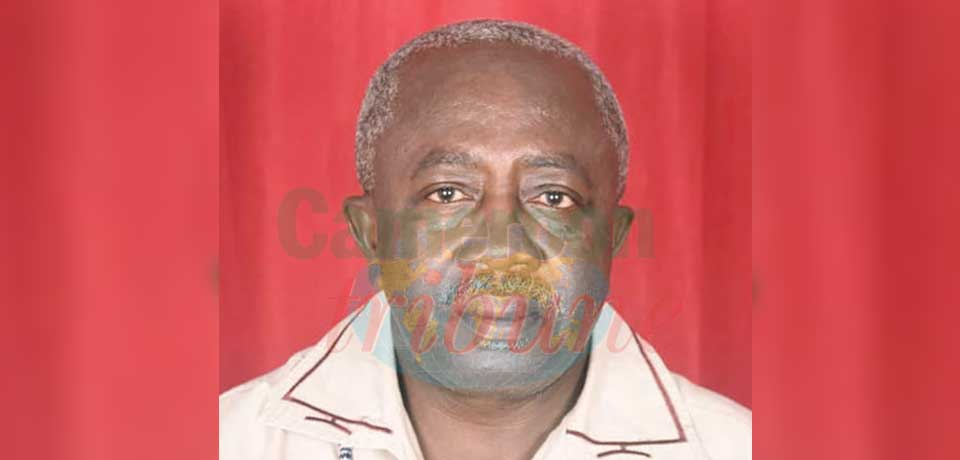
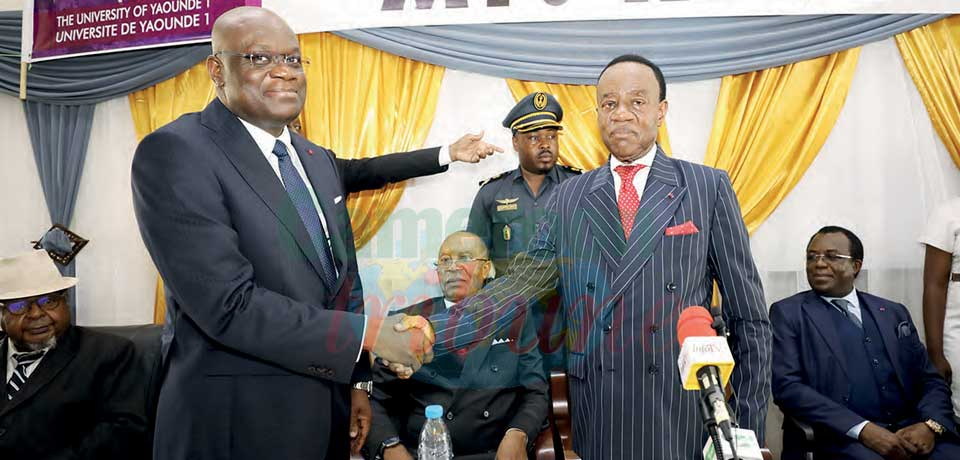
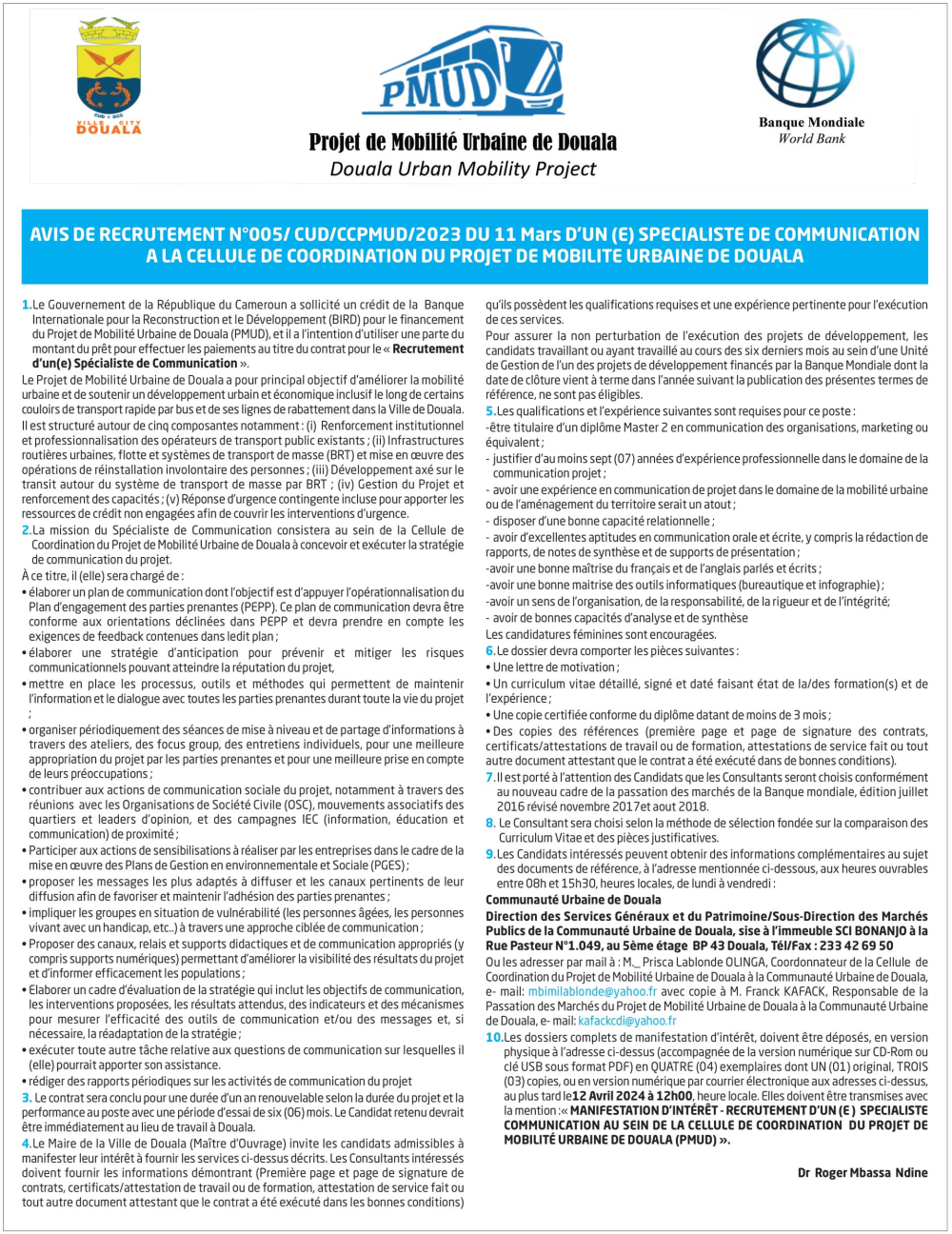
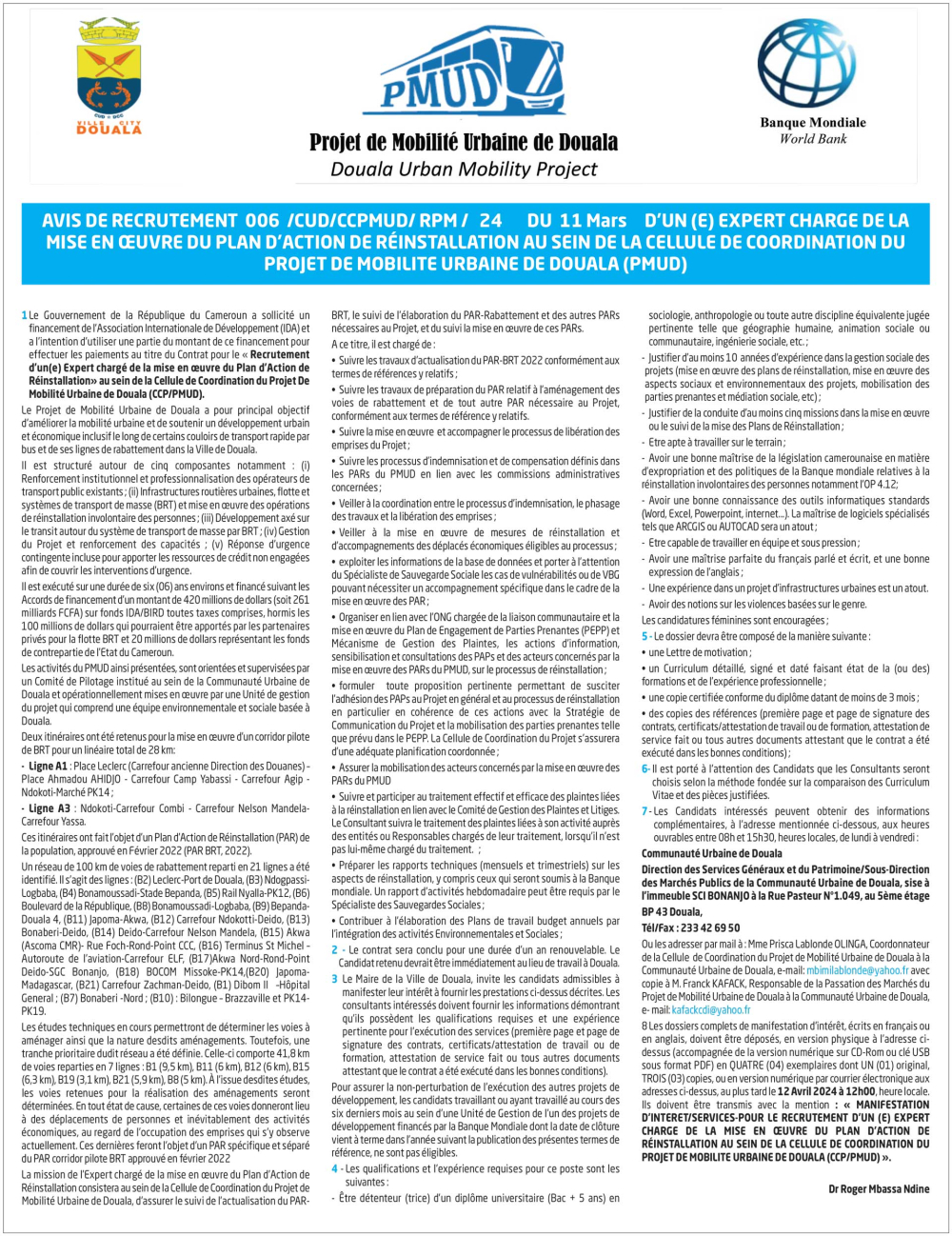
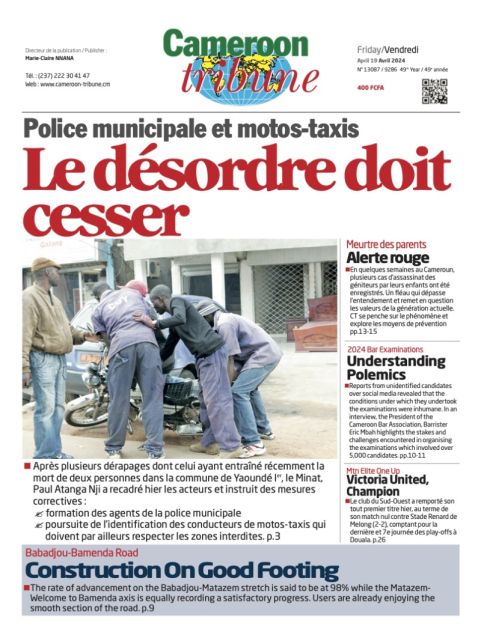




Commentaires